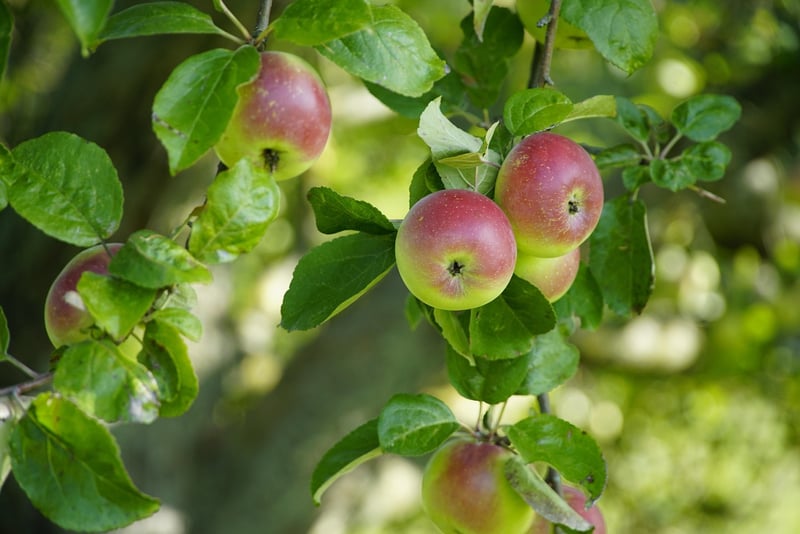Fruit Trees in Cities
The Benefits of Growing Fruit Trees in Cities
As urban living becomes more prevalent, the importance of incorporating green spaces and sustainable practices in cities is on the rise. One way to achieve this is by planting fruit trees in urban areas, allowing residents to enjoy the benefits of homegrown produce right in their own neighborhoods. Let's explore the advantages of growing fruit trees in cities.
1. Access to Fresh, Nutritious Produce
By planting fruit trees in cities, residents have easy access to fresh and nutritious produce. Whether it's apples, pears, cherries, or plums, having fruit trees in close proximity means you can enjoy ripe and delicious fruits straight from the tree, promoting a healthy diet and lifestyle.
2. Environmental Benefits
Fruit trees play a crucial role in urban ecosystems by improving air quality, providing shade, and attracting wildlife. They help reduce carbon dioxide levels, combat urban heat islands, and create a more sustainable environment for city dwellers. Additionally, fruit trees contribute to biodiversity and support pollinators like bees, further enhancing the urban ecosystem.
3. Community Building
Growing fruit trees in cities can foster a sense of community among residents. Collaborative efforts such as community orchards or shared harvesting events not only promote social interactions but also encourage teamwork and a shared appreciation for nature. It's a great way to bring people together and strengthen neighborhood bonds.
4. Educational Opportunities
Having fruit trees in urban settings provides excellent educational opportunities for both children and adults. Schools can incorporate tree planting and fruit harvesting into their curriculum, teaching students about sustainability, agriculture, and the importance of green spaces in cities. Workshops and events centered around fruit trees can also raise awareness about environmental issues and promote hands-on learning.
5. Economic Benefits
Growing fruit trees in cities can have economic advantages as well. Residents can save money on grocery bills by harvesting fruits from their own trees, reducing the need to purchase produce from supermarkets. Additionally, initiatives like farmers' markets or selling excess fruits can generate income for individuals or communities, contributing to local economies.
Conclusion
Planting fruit trees in cities is not only a sustainable practice but also a rewarding experience for residents. From access to fresh produce to environmental and social benefits, fruit trees have a lot to offer urban communities. So, consider planting a fruit tree in your neighborhood and reap the numerous advantages it brings!

Image Source: Pixabay
